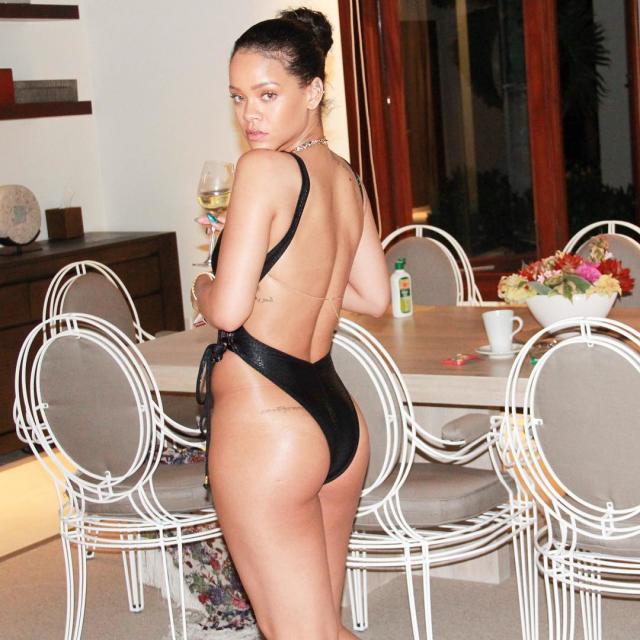When Rihanna launched Fenty Beauty in September 2017, few could have predicted that the brand would revolutionize an entire industry. What began as a celebrity cosmetics line quickly grew into a cultural movement—one that redefined how beauty brands approached diversity, inclusivity, and representation. Today, Fenty Beauty stands as a benchmark for modern luxury, merging authenticity with accessibility, and Rihanna’s role as both founder and creative visionary has made her one of the most influential entrepreneurs of her generation.
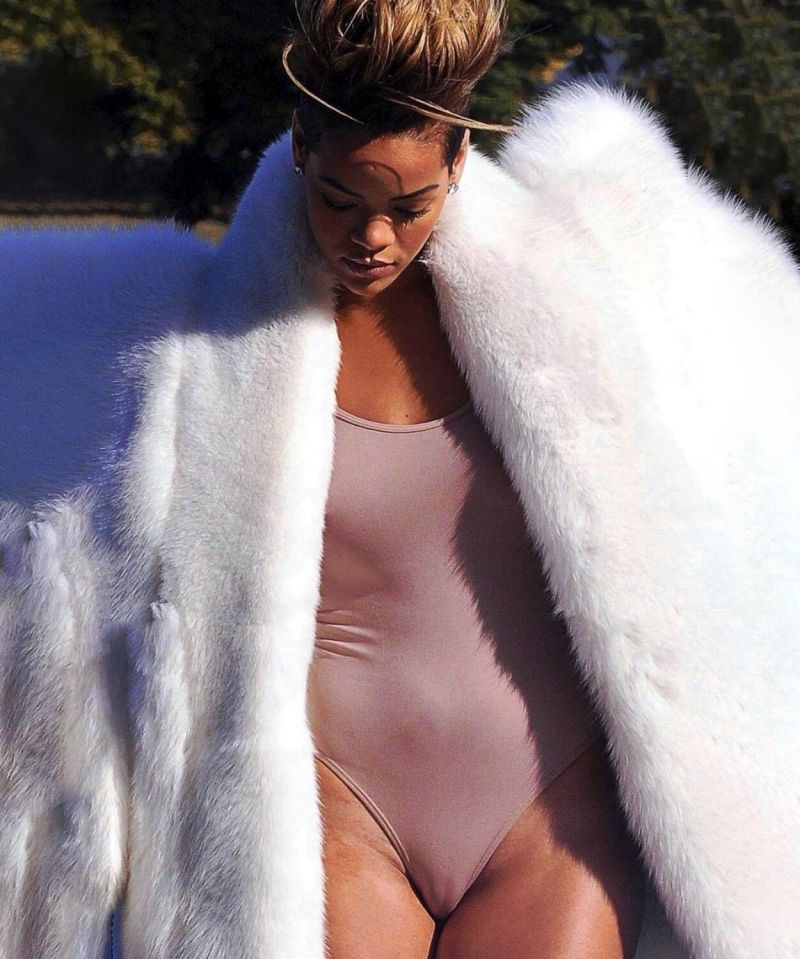
At its core, Fenty Beauty wasn’t just about makeup—it was about visibility. Rihanna identified a glaring gap in the market: countless individuals, particularly those with darker or unconventional skin tones, had long struggled to find foundation shades that matched their complexion. With her debut line featuring 40 foundation shades—later expanded to 50—Fenty immediately positioned itself as a brand for everyone. The launch sent shockwaves through the beauty industry, forcing legacy brands to rethink their approach. What had been ignored or treated as niche suddenly became the new standard.



This bold inclusivity wasn’t a marketing gimmick. It was personal. Rihanna, who grew up in Barbados, had experienced firsthand the frustrations of shopping for makeup that didn’t cater to her skin tone. Her global fan base, spanning every shade and background, only reinforced her understanding that beauty is universal—and that every consumer deserves to feel seen. In interviews, she emphasized that her mission was to make people “feel included, no matter their skin type, tone, or culture.” That simple yet powerful ethos transformed Fenty Beauty into more than a brand; it became a movement.



From the very first campaign, Rihanna’s fingerprints were everywhere. The visuals featured models across a wide spectrum of complexions—deep ebony, olive, caramel, and porcelain—representing an authenticity rarely seen in beauty advertising. The brand’s debut at Sephora was met with immediate frenzy; foundation shades sold out within days, particularly the deeper tones that had long been underserved. Social media amplified the phenomenon: countless users posted their Fenty matches, praising the brand for finally giving them a place in the beauty conversation. The term “Fenty Effect” was born, describing the wave of inclusivity that rippled through the industry afterward.



But Fenty’s success wasn’t built on diversity alone. Rihanna’s genius lay in merging high-quality product innovation with aspirational branding. Each product—from the Pro Filt’r foundation to the Gloss Bomb lip gloss—was formulated with precision, luxury, and real-world usability. Reviewers lauded the lightweight textures, long wear, and radiant finishes. Fenty Beauty managed to strike a rare balance: professional-grade quality with the fun, fearless personality of Rihanna herself. The brand spoke directly to both makeup artists and everyday users, bridging the gap between expert luxury and attainable confidence.



Fenty’s design language also redefined luxury. Gone were the overly polished, unattainable aesthetics of traditional luxury brands. Instead, Fenty embraced sleek minimalism with an edge—geometric packaging, nude tones, and metallic finishes that felt both chic and accessible. Rihanna’s approach to marketing was equally innovative. Rather than relying solely on glossy magazine ads, she leaned into digital-first strategies: social media tutorials, influencer collaborations, and unfiltered moments of herself applying the products. Consumers weren’t just buying makeup—they were participating in Rihanna’s world.



Within its first 40 days, Fenty Beauty reportedly generated over $100 million in sales, an astonishing figure that confirmed Rihanna’s business acumen. By 2021, Forbes estimated her net worth at $1.7 billion, largely due to her ownership stake in Fenty Beauty and her lingerie brand, Savage X Fenty. Her ascent to billionaire status wasn’t driven by chart-topping singles or world tours, but by her entrepreneurial ability to identify unmet needs and build brands that resonate emotionally with consumers. Rihanna had evolved from pop superstar to global business icon, standing shoulder to shoulder with the likes of Estée Lauder and L’Oréal—but with a distinctly modern twist.



The impact of Fenty Beauty rippled beyond cosmetics. Major competitors like Dior, MAC, and Maybelline expanded their foundation shade ranges in response to what analysts dubbed “the Fenty Effect.” Beauty retailers revamped their marketing strategies to feature more inclusive models, while indie brands began emphasizing diversity as a core value rather than an afterthought. The change wasn’t just cosmetic; it marked a cultural shift toward a broader, more representative definition of beauty.



Rihanna’s empire also demonstrated how authenticity can drive profitability. She never distanced herself from her audience—she remained the face and spirit of her brand. Whether testing products on camera, laughing through tutorials, or discussing formulation details, Rihanna’s involvement felt real. Consumers could sense that Fenty Beauty wasn’t a vanity project but an extension of her creative identity. In an era of influencer fatigue and performative branding, that authenticity became Fenty’s strongest currency.

The brand’s success also laid the groundwork for expansion into other industries. Savage X Fenty, her lingerie line launched in 2018, carried the same inclusive DNA—offering sizes from XS to 4X and showcasing models of all body types, genders, and backgrounds. Rihanna’s annual Savage X Fenty runway shows on Amazon Prime became cultural events in their own right, blending music, dance, and fashion into immersive celebrations of diversity and empowerment. Through both Fenty Beauty and Savage X Fenty, Rihanna crafted a universe where everyone belonged, regardless of size, shade, or identity.


Even as she ventured into high fashion with her now-paused Fenty luxury line under LVMH, Rihanna continued to challenge conventions. Partnering with the world’s largest luxury conglomerate, she became the first Black woman to lead a fashion house under the LVMH umbrella—a groundbreaking achievement that underscored how far inclusivity had come, and how far it still needed to go. Though the brand paused in 2021, its existence symbolized a major step toward greater representation in the traditionally exclusive world of haute couture.



Today, Fenty Beauty continues to thrive, consistently releasing new products that push boundaries. From skin tints and blushes to cutting-edge skincare, the brand maintains its momentum by listening to consumer feedback and adapting to trends without losing its core identity. Its social media presence remains vibrant and community-driven, showcasing real people rather than airbrushed ideals. Rihanna’s message remains consistent: beauty is for everyone, and luxury should never exclude.
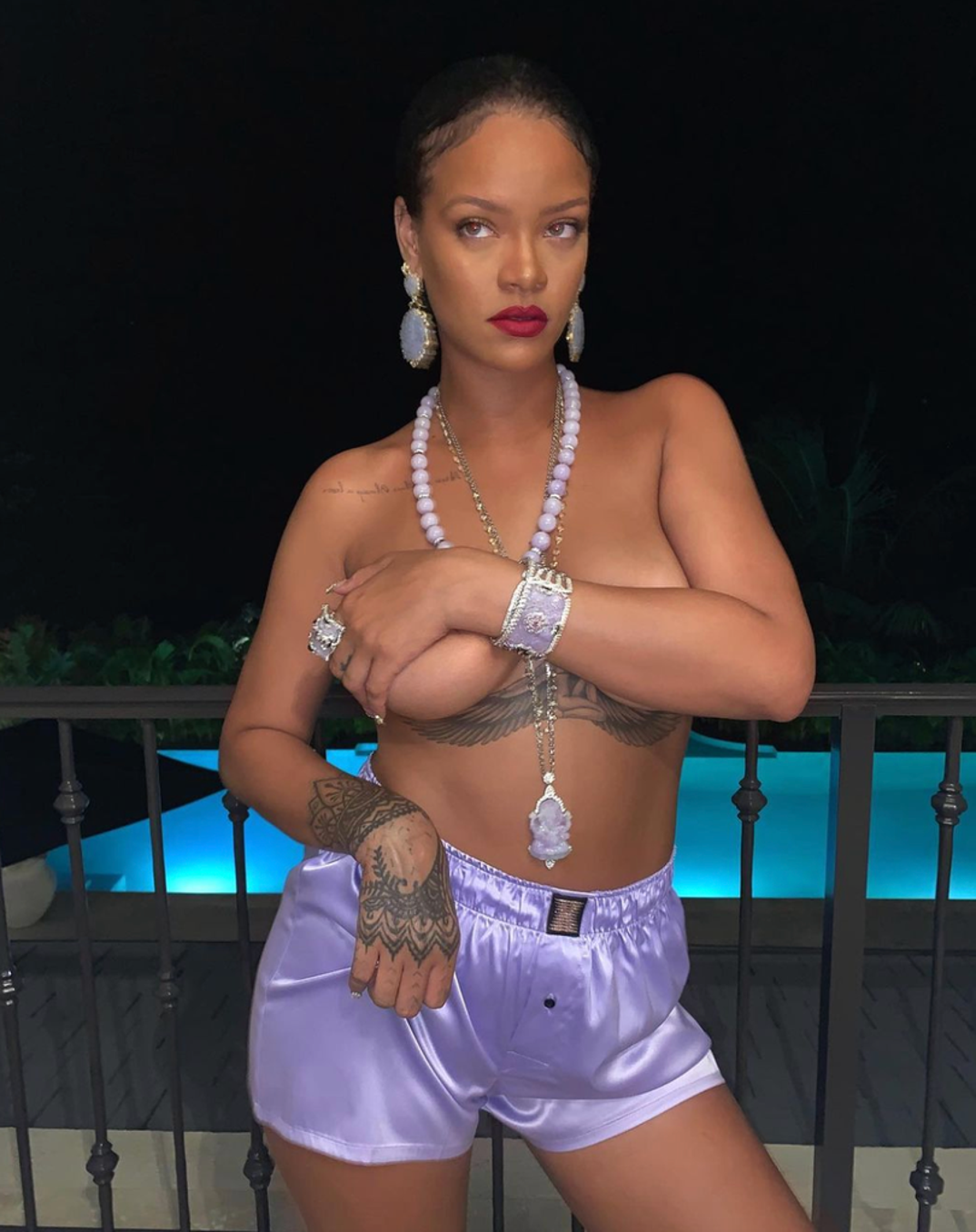
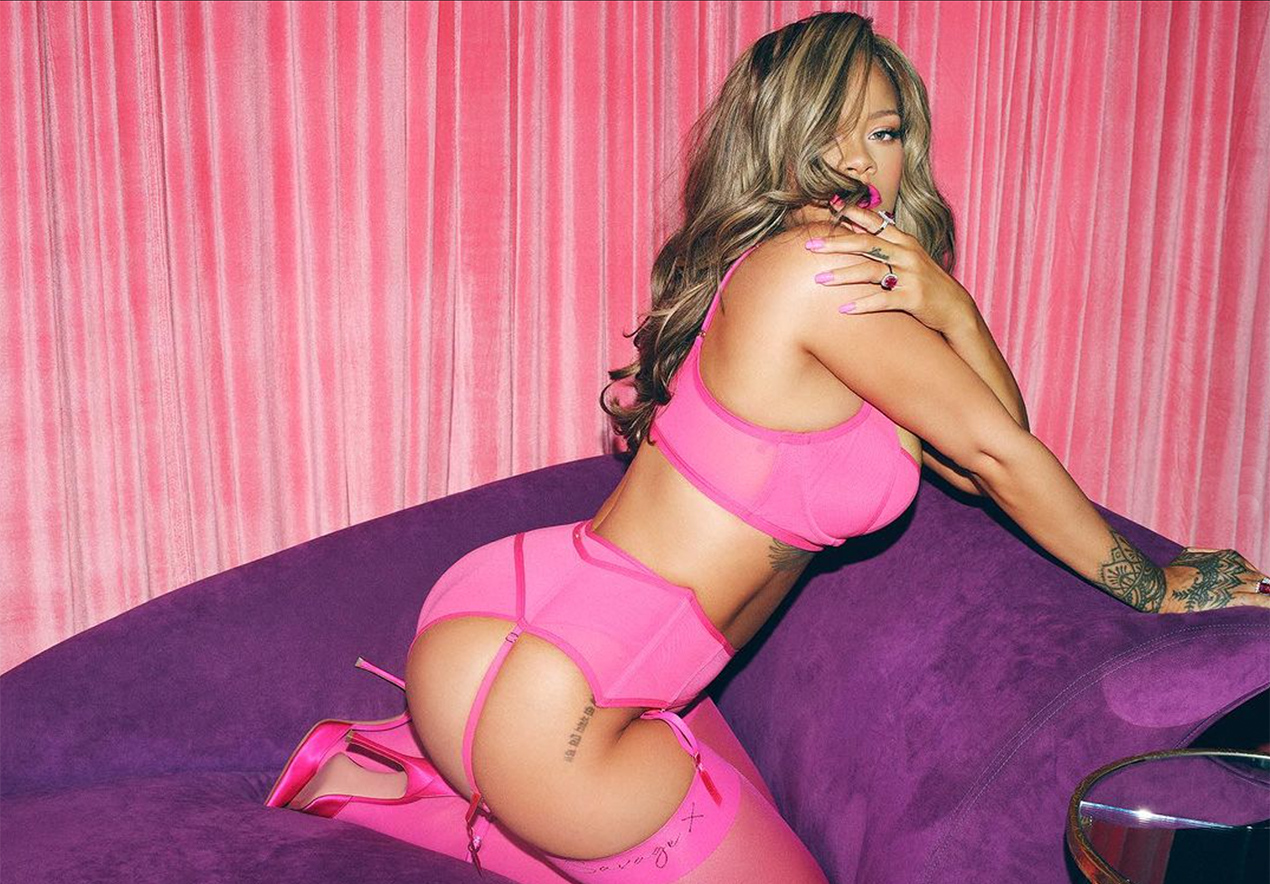
Beyond business success, Rihanna’s influence has inspired a generation of entrepreneurs, particularly women of color, to pursue their visions unapologetically. She transformed the beauty industry’s understanding of what diversity means—not as a marketing trend but as a fundamental expectation. Her approach is studied in business schools, cited in case studies, and praised in global marketing forums as a model of modern brand-building. Few celebrity ventures have achieved such lasting cultural resonance.




As Rihanna prepares for her next musical era and continues to expand her business empire, one thing remains clear: her vision has permanently changed the face of beauty. Fenty Beauty didn’t just sell foundation; it sold belonging. It empowered millions to see themselves in the mirror and in the media with newfound confidence. That emotional connection, built on authenticity and inclusion, is the true source of Fenty’s luxury—and why Rihanna’s empire continues to reign.
